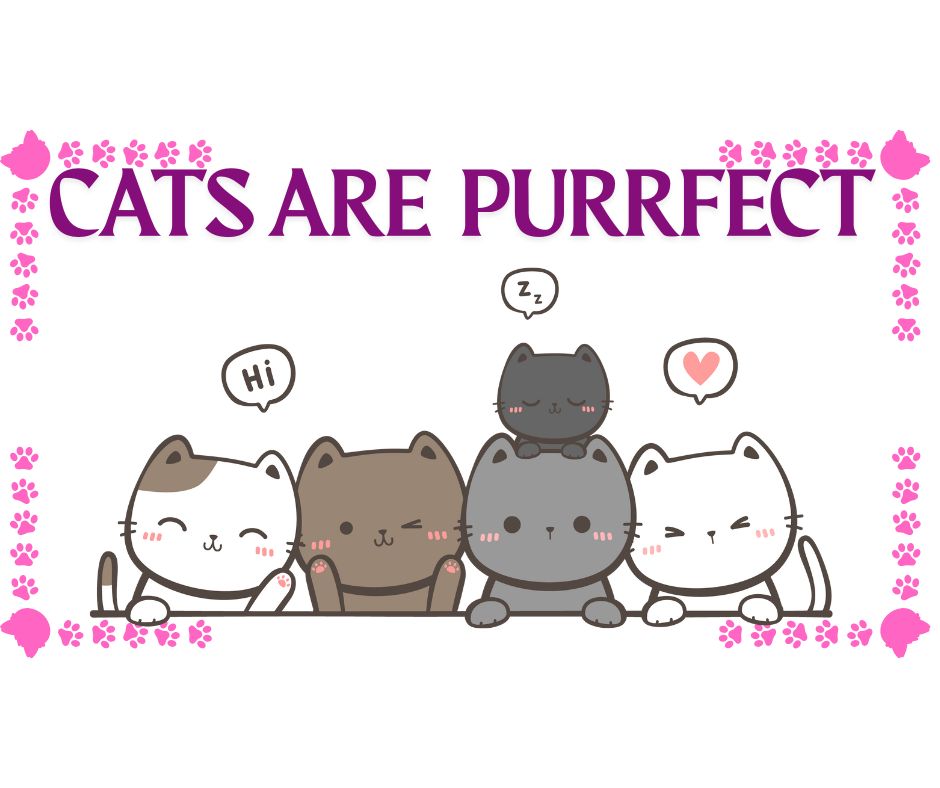Civil Discourse
April 21, 2020
At its core, civil discourse is the purest pursuit of truth. Discourse empowers people to
come together from various backgrounds and beliefs and unify under a balance of each opinion,
allowing all evidence and perspectives to play a role. As arguments are carefully debated and
examined, only the best facets of each viewpoint are left, building toward the optimal solution.
When used to its fullest, discourse prevents any single bias or belief from overtaking a subject
and acts as a unifying force, capable of harmonizing even the most diverse ideas and
perspectives. Because it provides an equal field for all to make their case, discourse enables
justice. It is this legacy of discourse that we as Americans inherit today, grounded in our proud
heritage of progress through debate and diversity of thought.
This ability to field ideas and criticisms through civil discourse is one of the defining
characteristics of America. In a government based on adversarial justice and compromise
between parties, our nation flourishes by engaging in discourse at the highest levels. Yet, this
value of open and civil debate is not an esoteric ideal reserved only for lawmakers or
philosophers, it is a tangible experience that we learn from the youngest age. In middle school, I
encountered discourse for the first time when I took a reading class where we practiced
discourse through weekly debates on various topics. At first, my class all seemed to have the
same goal during these debates: go out fast and furious and ensure that we each got our points
across before anyone could beat us to the argument. What resulted was a chaotic struggle to be
heard, rather than to truly debate. But one day, during our weekly debate, my teacher
challenged us to do something new. She selected half the class and told us to just listen. But, I,
eager to convince the class that my point of view was correct asked her why we would do this
exercise when we should be learning to debate. In response, she taught me one of the most
important lessons of discourse: it is not a match to determine who is more right; it is a tool to
find a balance between the pros and cons of each side and discover what, rather than who, is
most true. This advice shifted my view of discourse profoundly. Through this experience, I
learned to have an open-minded approach to discourse that has made me even more effective in
debate because when listening to the opposing side, one only learns more about the subject and
often even finds ways to strengthen their own argument. After learning this lesson, my teams
started winning the debates almost every week, always listening to the views of the other side
and coming to a consensus with the two differing perspectives that truly respected and
considered all evidence. This lesson has stayed with me because it is a reminder that the true
purpose of discourse is not to determine a winner, but to discover truth and justice through
equal weighing of all evidence and diversity of opinion.
I was never more amazed by this power of discourse than when I watched the musical
Hamilton. I was absolutely fascinated by the exchange of ideas and values that took place during
our nation’s revolution. At the time I was in eighth grade U.S. History and had just started to
realize just how lucky I am to live in the legacy left by generations of dreamers and
compromisers. Later, I did even more research and eventually saw that the key to the progress
of early America had been debate and written discourse. Fueled by strong views and values
from every colony of the United States, the delegates at the Constitutional Convention spent
months engaging in discourse on every detail of the new government. For example, supporters
of the New Jersey Plan argued for a legislature with equal votes per state, while proponents of
the Virginia Plan advocated for a legislature with representatives assigned by population. In
fact, this debate sparked such passionate disagreement that many delegates were unsure if they
could find a way to progress on the construction of the new legislature. Thankfully, a solution
came when Roger Sherman, a Connecticut delegate, proposed the idea of a bicameral
legislature, incorporating the ideas of both sides of the issue. In the spirit of true discourse,
Sherman’s plan took the best aspects of each view and found commonalities and strengths in
both that could be used to build a better resolution. Based on the authentic pursuit of truth and
understanding, rather than unbending determination to force one’s ideas on others, this
resolution provided the perfect balance that has successfully governed this nation for over two
hundred years. Because of this exchange of ideas and criticisms, the Constitution is far stronger
than it would have been without open-minded debate. Further, because of the genuine
discourse that took place in early America, we live today in a democracy that was built on the
best ideas of the best minds of the revolution, made better by the compromises and changes that
evolved into today’s America.
Without passionate and diverse discourse between the Founding Fathers, we would not
have the Constitution we do today because the heart of our nation is the balance between the
ideas that they debated and dissected for years while constructing our systems of government.
Because of a teacher with patience and wisdom, I know this for myself, and understand the
value of discourse in a world with so many divisive ideas and too-often closed-minded
approaches to resolution. In discourse, we communicate, and when we communicate
authentically, we cannot help but see value in one another. Through this ability to connect with
and understand individuals of even the most disparate thinking, civil discourse holds the key to
the preservation and refinement of this nation’s democracy and the ideals it holds so dear.


